Bosnian political crisis deepens
The Bosnian political crisis is deepening following the changes to the decision-making process within the Council of Ministers.
Wednesday, 24.10.2007.
11:06

The Bosnian political crisis is deepening following the changes to the decision-making process within the Council of Ministers. In spite of a constructive meeting between Republic of Srpska (RS) Prime Minister Milorad Dodik and High Representative Miroslav Lajcak on Monday in Banja Luka, RS officials have announced a series of measures aimed at annulling the ruling. Bosnian political crisis deepens RS representatives from the Union of Independent Social Democrats (SNSD) within state institutions have submitted their letters of resignation, and unless the high representative changes his mind this week, they will come into force. This is the first and thus far most drastic measure taken by the entity’s representatives following Dodik’s decision. In order for the RS’s reaction to have legitimacy, the entity’s parliament will this week make its position clear, confirmed RS Acting Speaker Igor Radojicic. If the high representative stands by his decision, the government will prepare acts to return certain competencies to entity level, which had previously been transferred to national level, warned Dodik. Coincidentally or not, the SNSD are slowly assuming the initiative in the struggle with the high representative. The Party of Democratic Progress has launched a plan to strip Lajcak of certain powers, as well as to review all laws that failed to undergo parliamentary procedure. Meanwhile, NGOs in the entity have announced protests throughout the RS, while the old idea of holding a referendum on independence has resurfaced. However, it seems that such statements do not bother the high representative in the slightest, as he once again repeated that there would be no reassessment of the controversial ruling. It appears that the new crisis in Bosnia-Hercegovina has indefinitely postponed discussion of the high representative’s withdrawal. Although a few months ago this issue was very much to the fore, the political climate has abruptly altered following the collapse of police reforms, and instead of talk of withdrawal, a fierce struggle is under way to limit his powers. Bosnia is once again faced with daunting challenges, whose solution is unimaginable without the active involvement of international institutions. Milorad Dodik (FoNet, archive)
Bosnian political crisis deepens
RS representatives from the Union of Independent Social Democrats (SNSD) within state institutions have submitted their letters of resignation, and unless the high representative changes his mind this week, they will come into force.This is the first and thus far most drastic measure taken by the entity’s representatives following Dodik’s decision. In order for the RS’s reaction to have legitimacy, the entity’s parliament will this week make its position clear, confirmed RS Acting Speaker Igor Radojičić.
If the high representative stands by his decision, the government will prepare acts to return certain competencies to entity level, which had previously been transferred to national level, warned Dodik.
Coincidentally or not, the SNSD are slowly assuming the initiative in the struggle with the high representative. The Party of Democratic Progress has launched a plan to strip Lajčak of certain powers, as well as to review all laws that failed to undergo parliamentary procedure.
Meanwhile, NGOs in the entity have announced protests throughout the RS, while the old idea of holding a referendum on independence has resurfaced.
However, it seems that such statements do not bother the high representative in the slightest, as he once again repeated that there would be no reassessment of the controversial ruling.
It appears that the new crisis in Bosnia-Hercegovina has indefinitely postponed discussion of the high representative’s withdrawal.
Although a few months ago this issue was very much to the fore, the political climate has abruptly altered following the collapse of police reforms, and instead of talk of withdrawal, a fierce struggle is under way to limit his powers.
Bosnia is once again faced with daunting challenges, whose solution is unimaginable without the active involvement of international institutions.










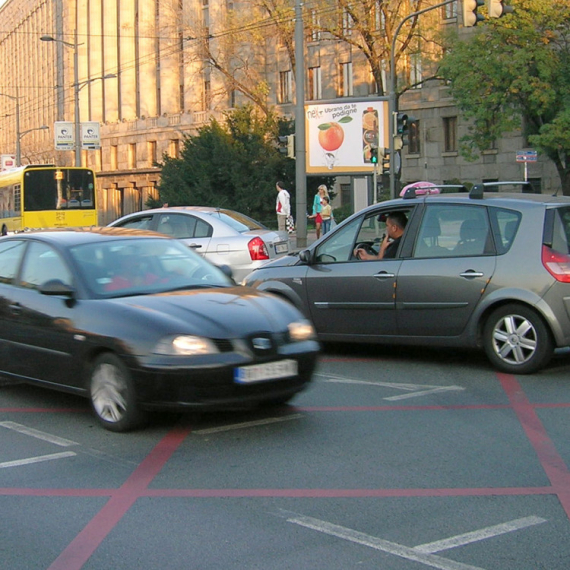
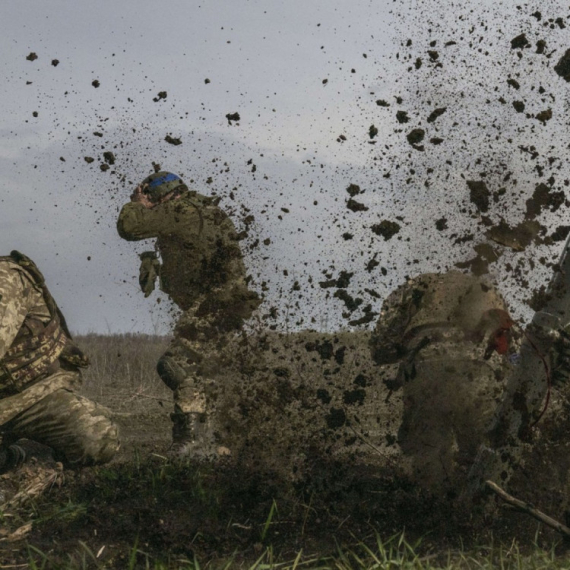
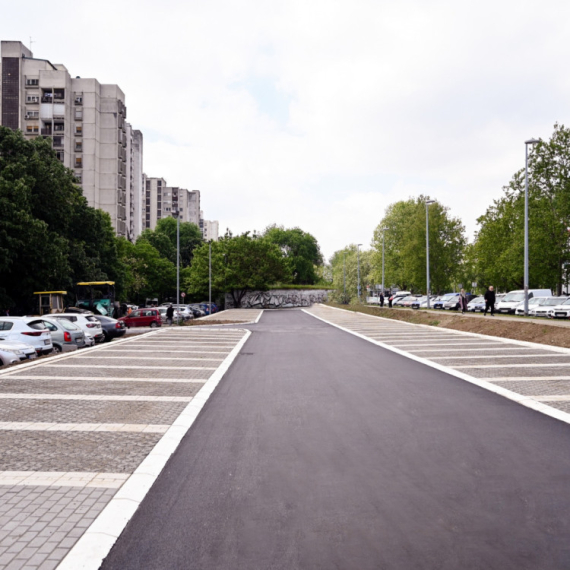


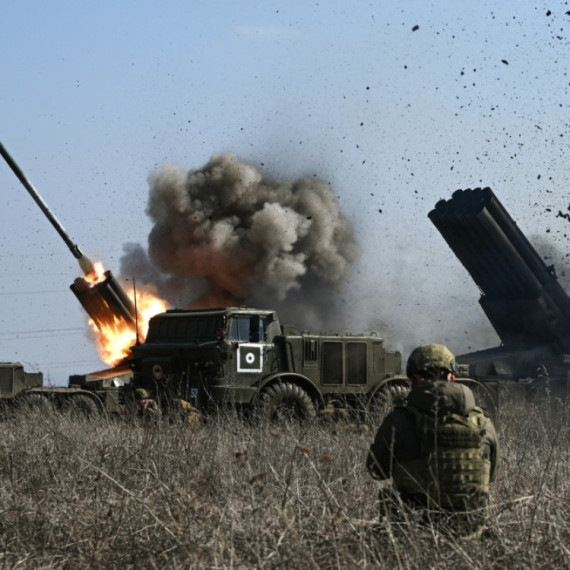


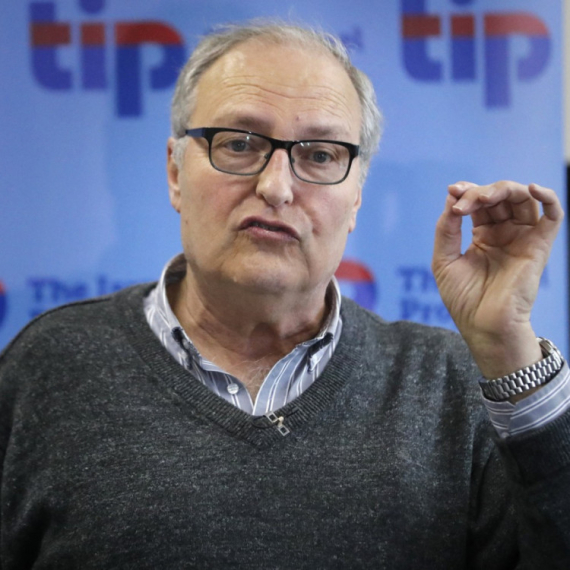

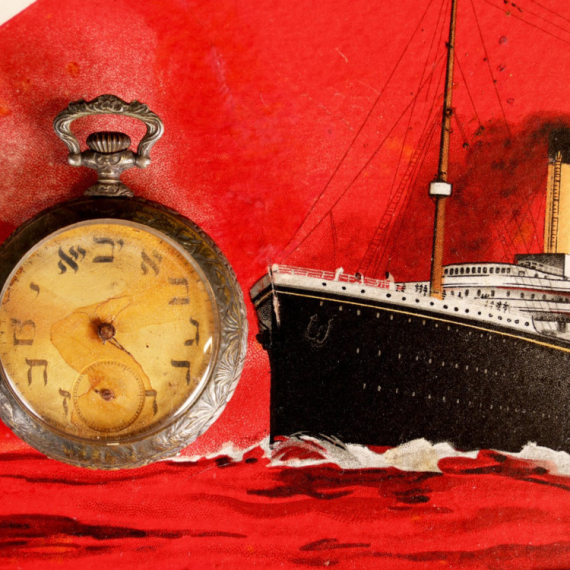


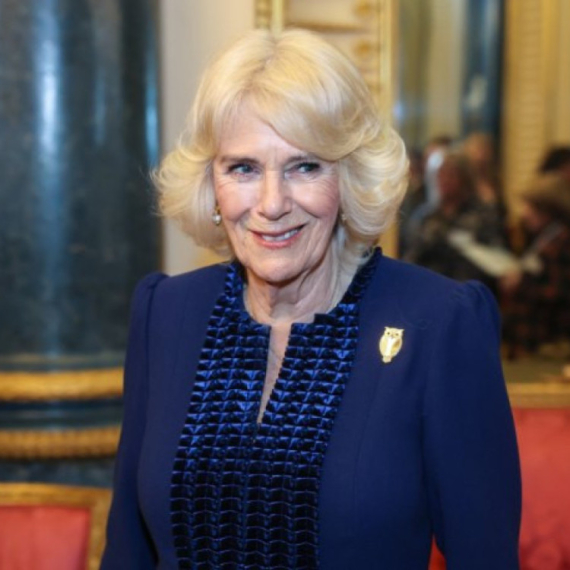



























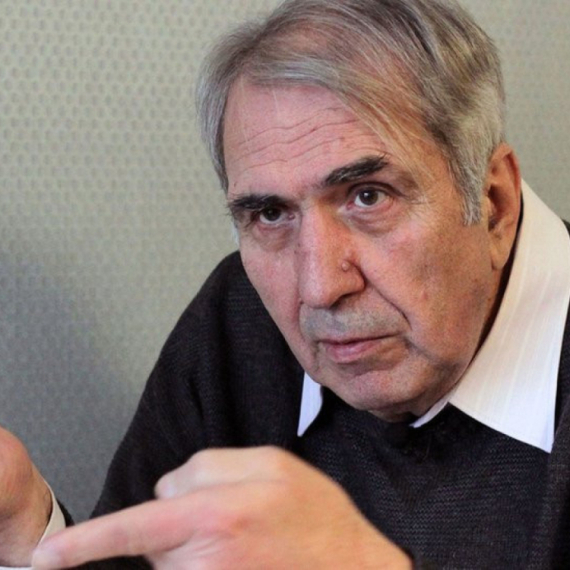
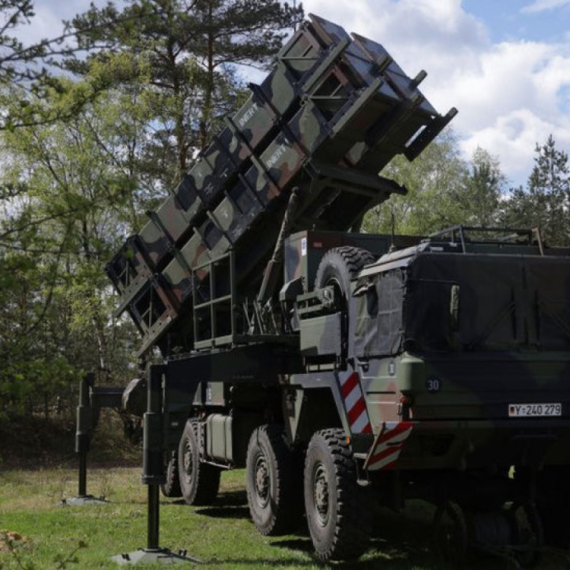


Komentari 10
Pogledaj komentare